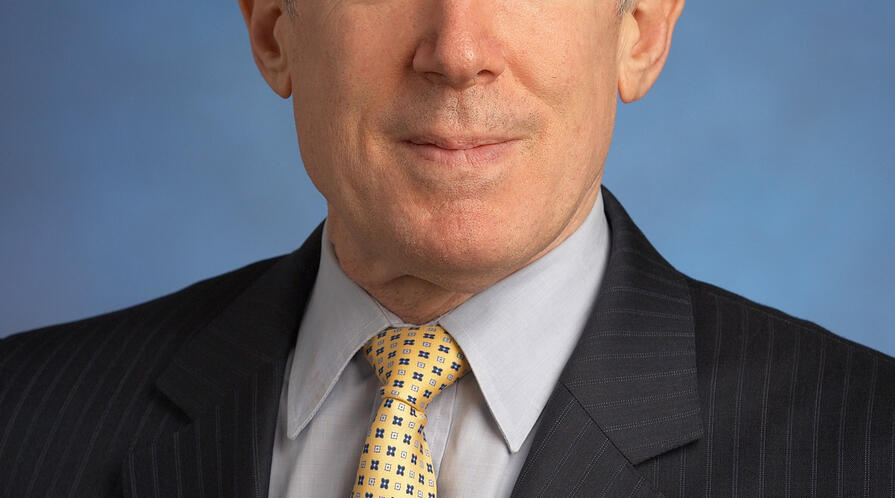Robert Hormats discusses "The Rise of the New Economic Powers"
Robert Hormats discusses "The Rise of the New Economic Powers"

Robert Hormats, Under Secretary of State for Economics, Energy, and Agricultural Affairs, gave an S.T. Lee seminar at FSI on March 11, addressing "The Rise of the New Economic Powers: How the United States Can Meet the Challenge." He set the stage by discussing the vast new economic geography.
- The global economy is now multi-polar, with a number of players in global trade, finance, and technology development, especially China, India and Brazil. The rising powers, however, still have large numbers of poor people and see their domestic needs and objectives differently than developed nations.
- Second, the big sovereign risk questions now surround the developed, not the developing economies, and the pressures of the global financial crisis have made them more concerned with domestic recovery, rather than global systemic issues, particularly trade.
- Third, the Internet and rising importance of services has brought gains as well as perils. Global integration of production and supply chains is efficient, but disruptions are readily transmitted across national borders. As increasing portions of investment are devoted to services and intangibles, rapid dissemination puts intellectual property at risk.
Asking how to develop a new international system, Hormats emphasized that the Group of 20 was designed to foster greater inclusion and dialogue, calling cooperation during the recent financial crisis the "largest multilateral collaborative endeavor since World War II." In an effort to move forward with strategic concerns, rather than immediate deliverables, the U.S. government is fostering a number of dialogues with key partners - including Russia, China, and Brazil. Hormats also cited the need to address issues more efficiently. Noting that large scale negotiations like Copenhagen no longer work, he identified a new focus on building coalitions of the willing and able.
